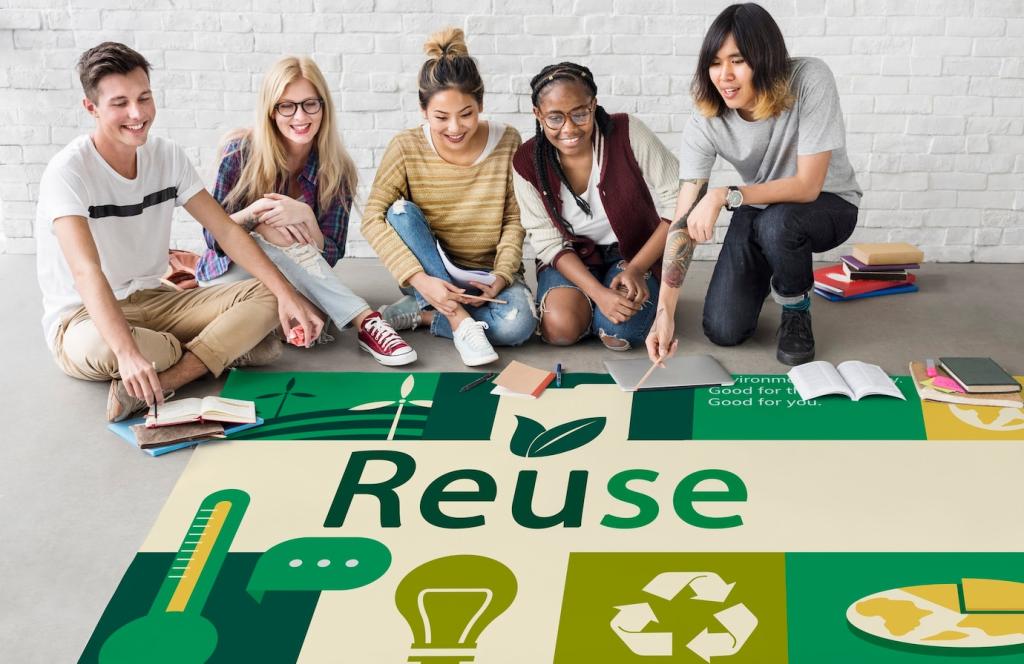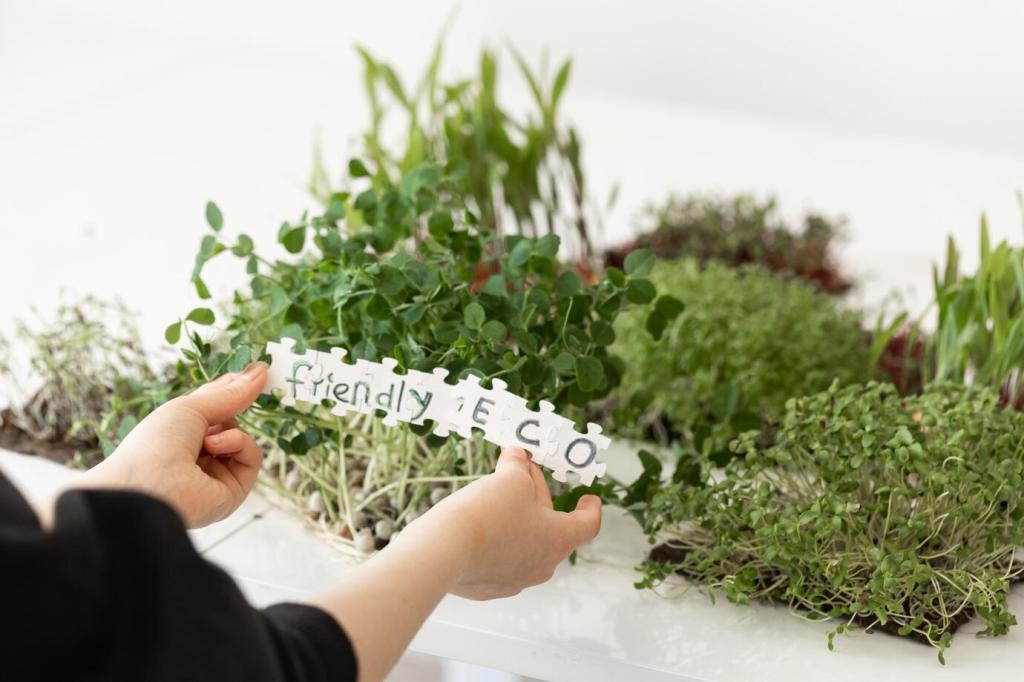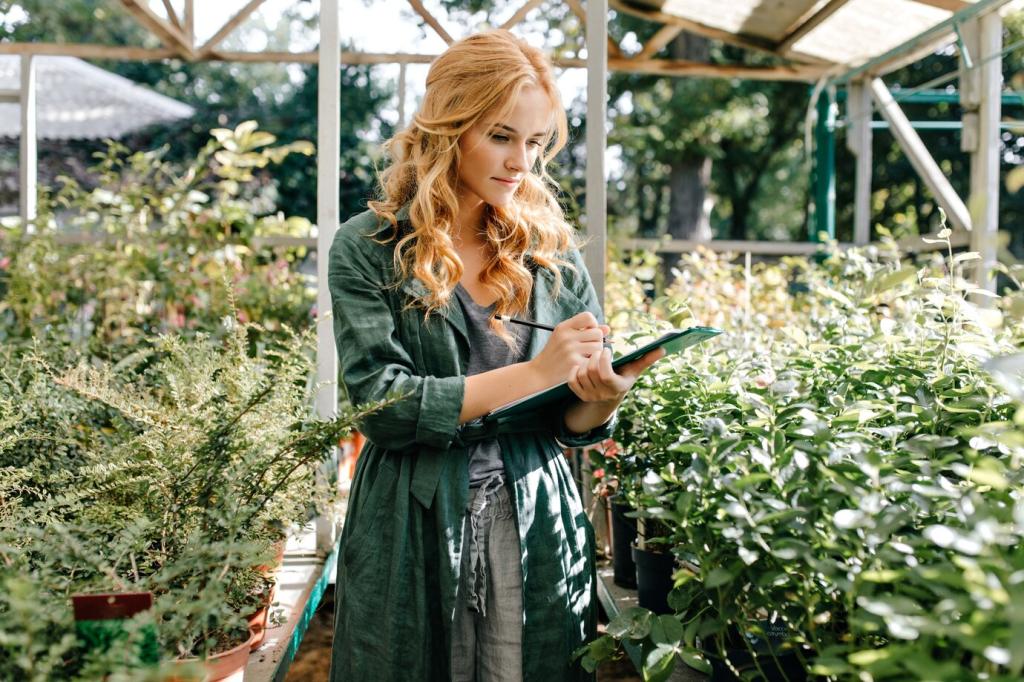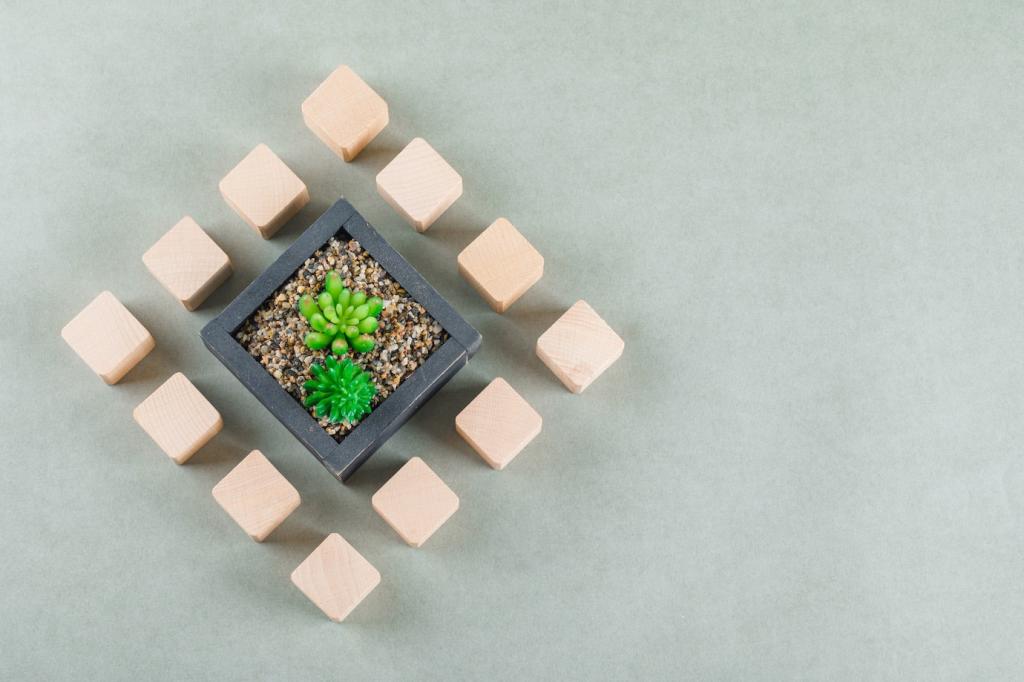Crisis and Contingency Messaging
Message attendees and vendors promptly with the fallback plan: centralized collection, additional guidance, and a post-event update on how material was handled. Emphasize responsibility and learning. Ask subscribers to share backup ideas you can add to a public contingency checklist for future zero waste events.
Crisis and Contingency Messaging
Prepare rain or heat plans that don’t require single-use items: covered stations, reusable sign sleeves, and digital updates. Notify guests early so they pack accordingly. Invite your audience to comment with weather-proof tips that maintained comfort and minimized waste at their own community gatherings.
Crisis and Contingency Messaging
After any hiccup, publish a concise recap: what happened, how you adapted, and what will change next time. Thank attendees for their patience and contributions. Encourage readers to subscribe for the next update and to propose solutions that could make your communications even stronger under pressure.











